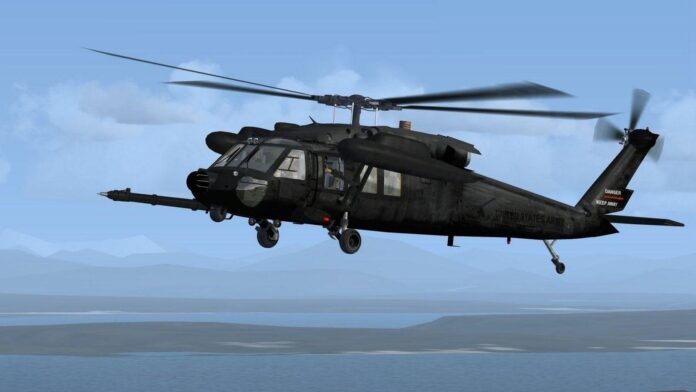The Polish government has officially terminated the acquisition process for 32 S-70i Black Hawk helicopters, marking a notable shift in the country’s defense procurement strategy. The decision, announced by the Armament Agency, reflects a reassessment of operational needs in light of evolving geopolitical dynamics and long-term security considerations.
According to the Ministry of Defence, the cancellation followed detailed recommendations from the General Staff, which emphasized the need for a more diversified and technologically advanced rotorcraft fleet. The current focus has shifted toward acquiring helicopters suitable for both combat and training missions, with enhanced interoperability for naval operations and heavy-lift capabilities.
Grzegorz Polak, spokesperson for the Armament Agency, stated that the revised priorities are part of a broader adjustment to ensure that defense investments are aligned with strategic imperatives. He noted that future acquisitions would likely emphasize unmanned systems, modern armored vehicles, and secure communication infrastructure—platforms deemed essential for modern battlefield requirements.
Deputy Defence Minister Pawel Bejda confirmed that the decision does not reflect on the quality of the Black Hawk platform but rather on a realignment of national defense objectives. The Ministry underlined its commitment to enhancing operational readiness through integrated, high-performance systems capable of addressing hybrid threats and regional contingencies.
The cancellation has drawn criticism from opposition figures, including former defence minister Mariusz Blaszczak, who called the move detrimental to the modernization of Poland’s helicopter fleet. The previous government had advanced the procurement plan in coordination with the U.S. defense industry, with production intended to take place at Lockheed Martin’s PZL Mielec facility in southeastern Poland.
Despite the abrupt halt, Lockheed Martin has reiterated its intention to maintain long-term industrial and defense partnerships in Poland, emphasizing ongoing programs such as the F-16 and Apache helicopter projects.
This decision follows a broader trend in Polish defense policy since 2024, including the high-profile agreement for 96 AH-64E Apache attack helicopters and increased investment in integrated air defense systems. Warsaw continues to reposition itself as a critical actor within NATO’s eastern flank, with a defense doctrine increasingly focused on resilience, deterrence, and technological sovereignty.
Poland’s recalibration reflects a defense philosophy rooted in national self-reliance and strategic autonomy. The rejection of standardized procurement pathways in favor of bespoke, high-impact platforms signals a shift toward more calculated, long-range defense planning. As the regional security landscape remains uncertain, Warsaw appears determined to shape its military posture through assertive and independently guided decisions.

